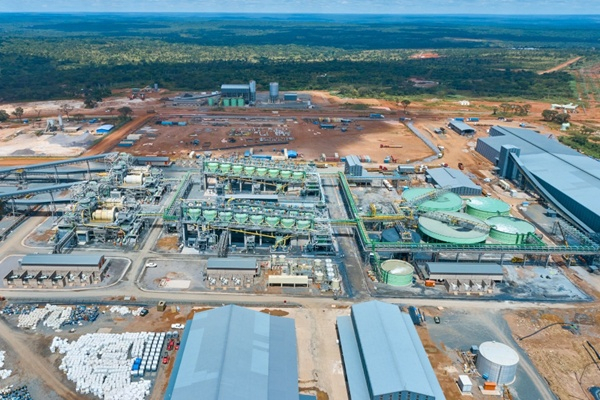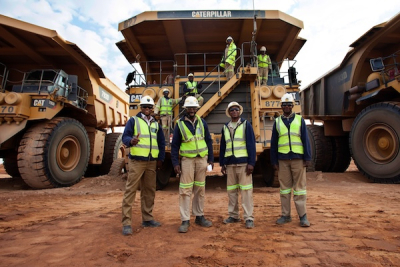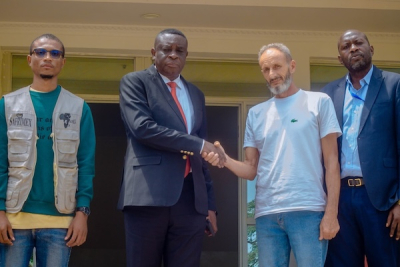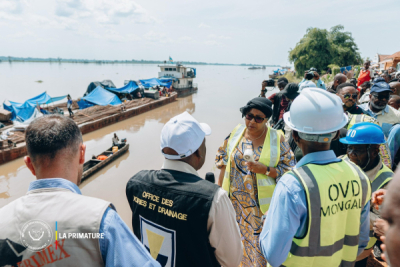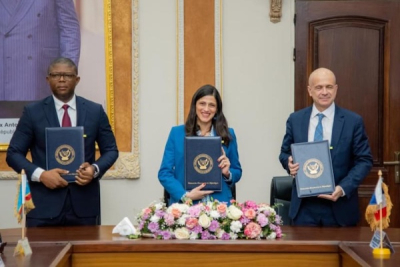The Democratic Republic of Congo (DRC) could drive Africa's economic transformation with its strategic minerals. Publish What You Pay (PWYP) made the statement in a report dated September 4, 2024. However, for this forecast to materialize, PWYP’s authors said the DRC needs to develop a processing industry for its mining products.
The report also indicates that Africa could boost its GDP by $24 billion annually and create 2.3 million jobs by integrating into the downstream segments of transition minerals value chains, such as renewable energy technology. The DRC holds nearly 60% of the world's cobalt reserves, essential for lithium-ion batteries, and is the second-largest copper producer. With increasing demand for these resources as economies shift to low carbon, the World Bank predicts a 500% rise in global cobalt production in the coming years.
"The DRC has the greatest potential for job creation on the continent our estimates suggest that almost half of these opportunities are in this country," reads the PWYP report titled "How can Africa make the most of its transition minerals?"
More African countries want to process their raw materials locally to better integrate into global value chains. Meanwhile, PWYP experts note that the DRC, South Africa, Sudan, Zambia, and the Republic of Congo account for 90% of Africa's capacity to increase exports of processed mineral products.
To tap into this potential, Congolese authorities have signed agreements with partners like the European Union and the United States to support local processing of mining products for export. However, PWYP experts caution that “these commitments often clash with other policies from development partners”. "Consuming regions should not pressure African countries to abandon their industrial policies favoring local mineral processing. Instead, they should respect their commitments to financial and technological transfers and strengthen the industrial capacities of partner countries," the report further informs.
Moutiou Adjibi Nourou






